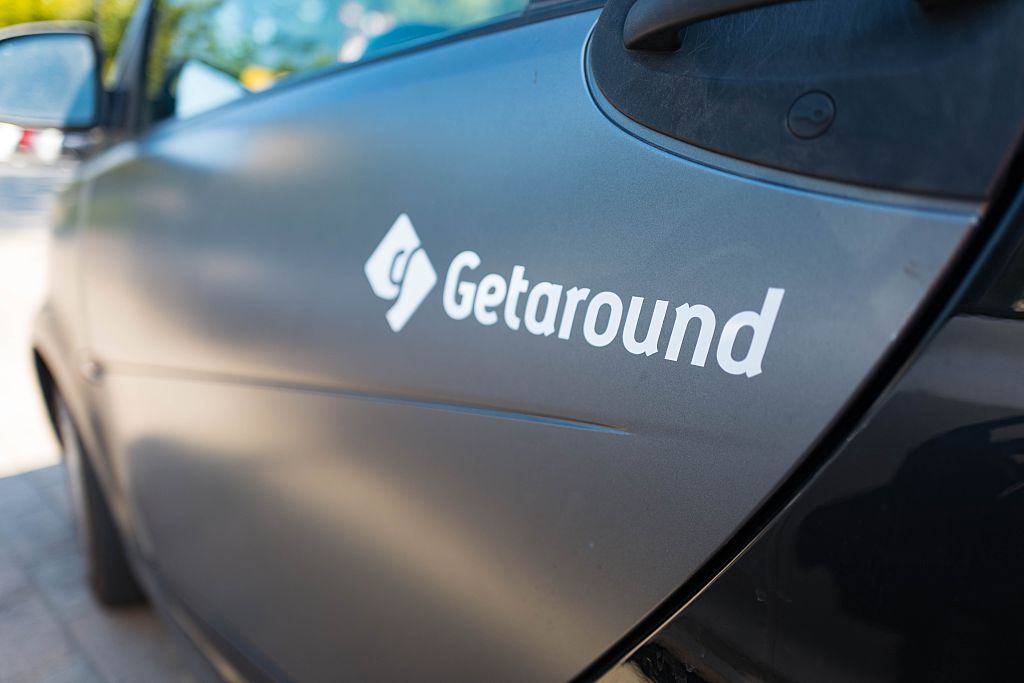Silicon Valley peer-to-peer car rental startup Getaround has secured a $25 million loan from Horizon Technology Finance Corporation. The financing announcement comes one month after Getaround raised $140 million from investors, including SoftBank Vision Fund, Menlo Ventures, Reid Hoffman and Mark Pincus’ Reinvent Capital.
Getaround’s raise signals that the company is looking for new ways to secure cash without further diluting executives or investors.
A Getaround spokesperson said “Horizon presented an opportunity that provides us with additional capital to accelerate our plans in the same way as our recent Series E fundraise.”
Dan Devorsetz, Horizon’s chief investment officer, told TechCrunch that venture debt has been a part of Getaround’s financing strategy for 2020.
“It diversifies funding sources and lowers their overall cost of capital, while also mitigating the dilution impact of incremental equity,” he said. While he wouldn’t clarify on where the debt capital was going, he said that the debt is allowing Getaround to accomplish both “working capital needs and long-term strategic growth initiatives.”
Getaround, like many travel-related startups, struggled in the beginning of the pandemic as governments issued stay-at-home orders in an effort to keep the disease caused by coronavirus from spreading. Bookings dropped 75% in March, forcing Getaround to lay off 100 employees. The company also applied and received approval for a Paycheck Protection Program loan to help retain workers. Getaround previously told TechCrunch that the program “helped reduce the otherwise severe impact on the health of our organization,” due to lockdowns and coronavirus restrictions.
How one founder leveraged debt to drive early growth and avoid dilution
Demand returned in May as travelers turned to cars instead of flights for short-distance trips. Getaround CEO Sam Zaid last told TechCrunch that worldwide revenue has more than doubled from pre-COVID baselines.
By July, Getaround said it had rehired all of its furloughed employees.
There have been scattered signs of a comeback throughout the mobility industry. This week, Uber had its highest close since IPO, and Lyft saw its ride revenues recover enough to give investors some calm.
The upshot: The green shoots have sprouted. But will another wave of COVID-19 nip those buds before they can establish roots?
Getaround’s decision to pursue debt financing so soon after raising a six-figure venture capital round could signal the company’s anticipation of another lockdown, and subsequent drop in bookings. Unlike other mobility companies, Getaround doesn’t own the cars, trucks and SUVs on its rental platform, a benefit that could help the company weather a short downturn.
Top mobility VCs on the risks and rewards in partnering with giants like Amazon































Comment